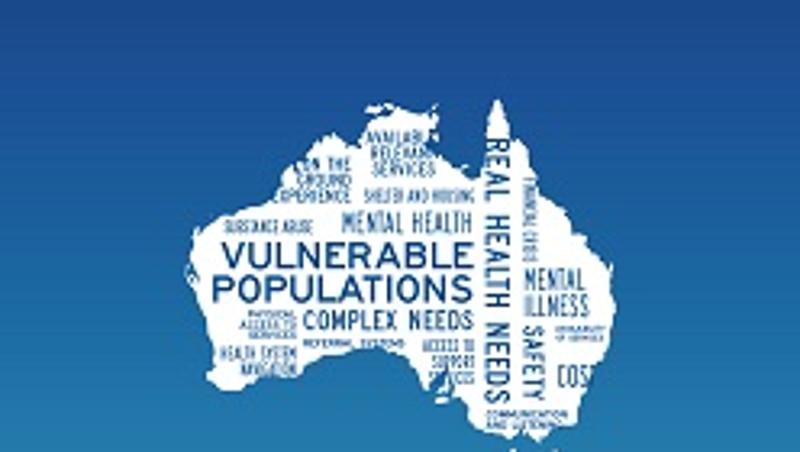
Society’s most vulnerable continue to face fundamental barriers in trying to access health care in Australia, according to a new report.
The QUT-led Real Health of the Nation survey found a lack of social and financial security was the most common barrier to accessing the health system, as well as a lack of transport and awareness of existing services.
QUT’s Faculty of Health partnered with not-for-profit workers from the The Salvation Army, Wesley Mission, Uniting Care Queensland and Micah Projects to reveal key pressures felt by vulnerable people and their reasons for not accessing health care.
The pilot survey, which sought the views of frontline healthcare not-for-profit workers, is part of the Real Health Matters program at QUT. The program aims to support community partners in not-for-profit, industry and government to improve health outcomes for the whole of society.
Vulnerable populations – including people who are socially excluded, socio-economically disadvantaged and those with disabilities – faced daily pressures including mental illness, a lack of housing and food, and domestic violence.
QUT Executive Dean for the Faculty of Health Professor Ross Young said it was shameful some the most vulnerable people in Australia were unable to access healthcare.
“Access to healthcare is a basic human right but this survey paints a compelling picture of the marginalisation many people in Australia face when it comes to even considering their health needs,” he said.
“The barriers vulnerable people face relate to a range of complex health needs and face a range of difficulties, from homelessness and long term unemployment to domestic violence and drug dependency.
“As a society we need to improve the cost, availability and physical access to healthcare to ensure everyone in Australia has equal access, not just those with a postcode and a steady income.”
Professor Young said the Real Health Matters program would use QUT’s position as a leading university to support not-for-profit organisations and advocate for the most vulnerable.
“The Faculty of Health at QUT is in a position to make a positive impact in the community in this area,” Professor Young said.
“Working with partner organisations we will be identifying and prioritising the important issues to influence real change.
“By combining cutting-edge research with the latest technologies we aim to play a vital role in training the next generation of health professionals and shaping future changes to the health system.”
The Real Health Matters website will showcase QUT health research with practical applications to help the community in their everyday lives.
The survey will be run annually.
For more information visit: www.realhealthmatters.org.au
Media contact:
Rob Kidd, QUT Media, 07 3138 1841, rj.kidd@qut.edu.au
After hours, Rose Trapnell, 0407 585 901


